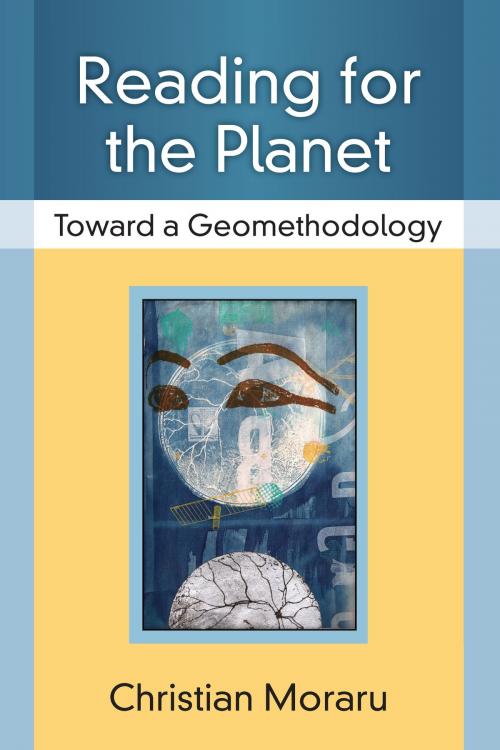Reading for the Planet
Toward a Geomethodology
Fiction & Literature, Literary Theory & Criticism, Theory, Nonfiction, Social & Cultural Studies, Social Science, Sociology| Author: | Christian Moraru | ISBN: | 9780472121328 |
| Publisher: | University of Michigan Press | Publication: | November 5, 2015 |
| Imprint: | University of Michigan Press | Language: | English |
| Author: | Christian Moraru |
| ISBN: | 9780472121328 |
| Publisher: | University of Michigan Press |
| Publication: | November 5, 2015 |
| Imprint: | University of Michigan Press |
| Language: | English |
In his new book, Christian Moraru argues that post-Cold War culture in general and, in particular, the literature, philosophy, and theory produced since 9/11 foreground an emergent “planetary” imaginary—a “planetarism”—binding in unprecedented ways the world’s peoples, traditions, and aesthetic practices. This imaginary, Moraru further contends, speaks to a world condition (“planetarity”) increasingly exhibited by human expression worldwide. Grappling with the symptoms of planetarity in the arts and the human sciences, the author insists, is a major challenge for today’s scholars—a challenge* Reading for the Planet *means to address. Thus, Moraru takes decisive steps toward a critical methodology—a “geomethodology”—for dealing with planetarism’s aesthetic and philosophical projections. Here, Moraru analyzes novels by Joseph O’Neill, Mircea Cartarescu, Sorj Chalandon, Zadie Smith, Orhan Pamuk, and Dai Sijie, among others, as demonstration of his paradigm.
In his new book, Christian Moraru argues that post-Cold War culture in general and, in particular, the literature, philosophy, and theory produced since 9/11 foreground an emergent “planetary” imaginary—a “planetarism”—binding in unprecedented ways the world’s peoples, traditions, and aesthetic practices. This imaginary, Moraru further contends, speaks to a world condition (“planetarity”) increasingly exhibited by human expression worldwide. Grappling with the symptoms of planetarity in the arts and the human sciences, the author insists, is a major challenge for today’s scholars—a challenge* Reading for the Planet *means to address. Thus, Moraru takes decisive steps toward a critical methodology—a “geomethodology”—for dealing with planetarism’s aesthetic and philosophical projections. Here, Moraru analyzes novels by Joseph O’Neill, Mircea Cartarescu, Sorj Chalandon, Zadie Smith, Orhan Pamuk, and Dai Sijie, among others, as demonstration of his paradigm.















